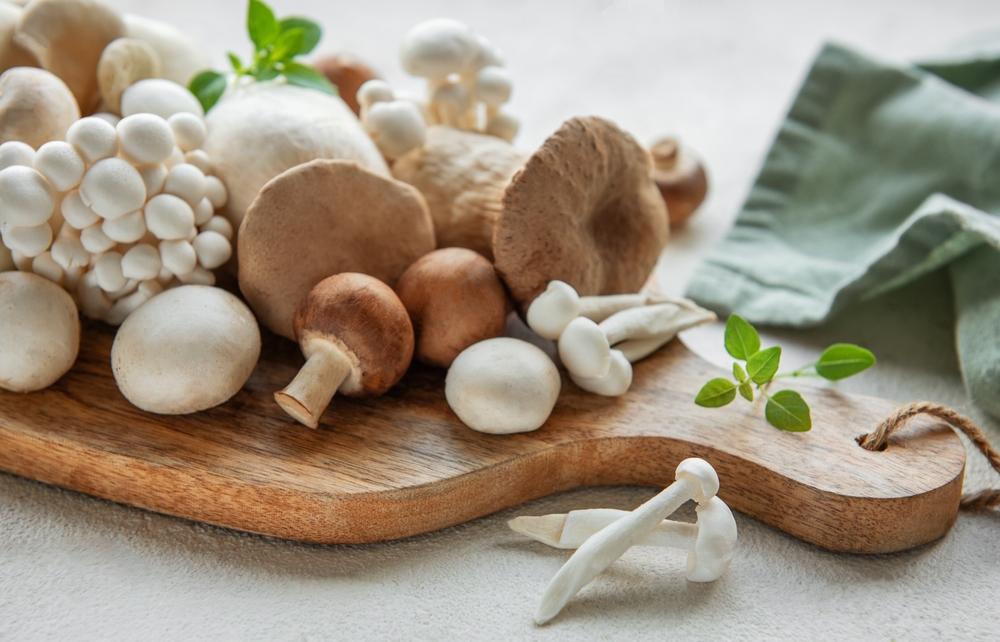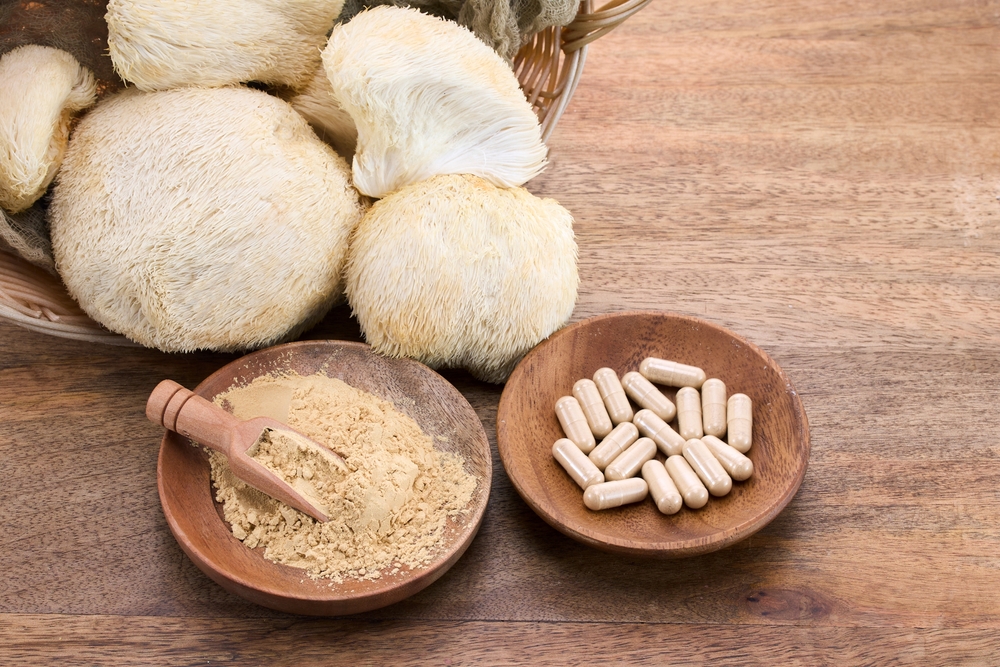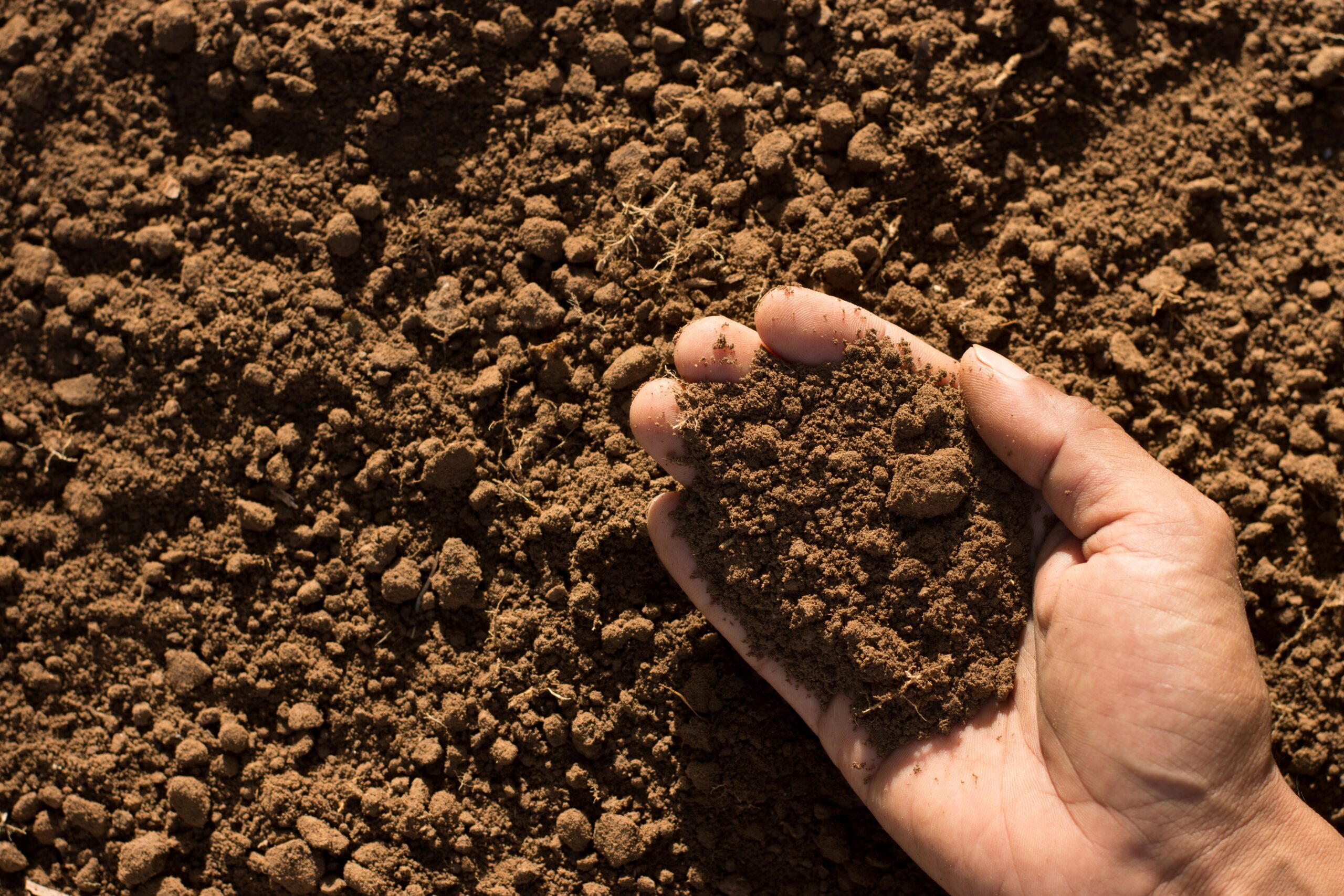Fungi might seem like the sort of thing you only encounter in dank forests or while scraping off the odd moldy spot on bread, but these fascinating organisms play a surprisingly complex role in your daily life and health. From the way you eat to how you think, fungi are quietly influencing you in weird and wonderful ways.
1. Fungi And Depression

You might not immediately associate your mood with fungi, but research suggests there’s a connection between fungal infections and mental health. A study published in the Journal of Affective Disorders found people with fungal infections were more likely to experience depression-like symptoms. It turns out that the inflammation caused by these infections can lead to changes in your brain chemistry, potentially altering your mood. So, the next time you find yourself feeling unexpectedly blue, you might have some microscopic fungi to blame.
Understanding this connection can create a more holistic view of mental health, considering physical ailments alongside psychological ones. While not a direct cause for everyone, it’s a reminder of how interconnected your bodily systems truly are. This also underscores the importance of maintaining good hygiene and seeking medical advice if persistent infections occur. It’s a fascinating blend of biology and psychology that’s only just beginning to be understood.
2. Fungi And Food Cravings

Have you ever craved a certain food so intensely that nothing else would do? Fungi might be playing a secret role in those powerful cravings. Certain yeasts and molds can influence the flavor profiles of foods, enhancing their taste and making them more appealing. This is especially true for fermented foods like cheese, which owe much of their irresistible allure to the fungi involved in their production.
Your gut microbiome, which includes various fungi, also communicates with your brain in ways scientists are still uncovering. This complex interaction can affect the hormones that regulate hunger and satiety, potentially making you crave certain foods more than others. This insight opens up new possibilities for understanding weight management and eating behaviors. Embracing this knowledge could lead to more mindful eating habits and a healthier relationship with food.
3. Fungi And Immunity

Incorporating fungi like mushrooms into your diet might do more than add flavor to your meals; they could actually bolster your immune system. Mushrooms contain bioactive compounds that have been shown to enhance immune function. According to a study in Nutrients, certain mushrooms can stimulate the production of immune cells and modulate inflammatory pathways. Adding a variety of fungi-rich foods to your diet might be a tasty way to keep illnesses at bay.
Beyond their nutritional benefits, the antioxidants in mushrooms can help reduce oxidative stress in your body. This is crucial in protecting cells from damage and maintaining overall health. It’s not just about eating mushrooms, though; understanding how to include them strategically in your diet can make a tangible difference. So next time you’re crafting a meal, consider throwing in some shiitake or maitake mushrooms for an immune boost.
4. Fungi And The Gut

Your gut is home to a myriad of microorganisms, including beneficial fungi that help maintain a healthy balance. These microscopic allies contribute to digestion, nutrient absorption, and even the production of certain vitamins. They play a pivotal role in keeping harmful bacteria at bay and regulating your immune system. It’s a symbiotic relationship that’s crucial for maintaining overall health.
The presence of these fungi can influence everything from your digestive comfort to your mood. An imbalance, known as dysbiosis, can lead to a host of health issues, including digestive disorders and weakened immunity. Understanding this can underline the importance of maintaining a diverse diet that supports gut health. By nurturing these tiny foot soldiers, you’re investing in long-term wellness.
5. Fungi And Cognitive Effects

You might be surprised to learn that some fungi can impact your cognitive function, leading to what some describe as “brain fog.” Research in Frontiers in Microbiology points to how certain fungal infections can produce mycotoxins that affect your nervous system. These mycotoxins can impair cognitive function, making it difficult to concentrate or remember details. It’s a stark reminder that what’s happening on a microscopic level can have tangible effects on your daily life.
Addressing these cognitive issues can be as simple as identifying and treating any underlying infections. Staying informed and proactive about potential fungal exposures can protect your mental clarity. This includes being mindful of indoor air quality, as some molds can release these harmful toxins. It’s another fascinating intersection of environmental health and personal well-being.
6. Fungi And Social Bonds

Your social habits might be influenced by the fungi living in and around you more than you realize. Research suggests that the microorganisms you encounter, including fungi, can affect your social behavior and preferences. The idea is that your microbiome communicates with your brain, impacting your mood and social interactions. It’s a profound concept that suggests your relationships might be, in part, mediated by these microscopic companions.
This fascinating interplay between biology and behavior highlights the complexity of human interaction. It also suggests that fostering a healthy microbiome could have positive effects on your social life. By understanding these connections, you might find new reasons to maintain both physical and social health. It’s a reminder of the intricate web of factors that shape who you are and how you connect with others.
7. Fungi And Romantic Chemistry

Believe it or not, fungi might have a say in your romantic life. Certain fungi produce pheromones that can influence human attraction and mating behaviors. A study in the Electronic Journal of Biotechnology explores how the same compounds that give mushrooms their unique scent can also affect human interaction. It’s a quirky reminder that love is, indeed, in the air—and sometimes, that air is laced with fungal pheromones.
This connection between fungi and attraction might offer new insights into the chemistry of love. Recognizing these subtle influences can enhance your understanding of romantic dynamics. It also adds an intriguing layer to the age-old question of what attracts people to each other. While fungi might not hold all the answers, they certainly contribute to the complexity of human attraction.
8. Fungi And Fashion

Fungi are making waves in the fashion industry, offering sustainable alternatives to traditional materials. Mycelium, the root structure of fungi, can be used to create leather-like materials that are both eco-friendly and fashionable. It’s an exciting development for those looking to reduce their environmental impact while staying stylish. Big names in fashion are starting to take notice, incorporating these materials into their collections.
This trend towards fungal-based materials highlights a growing awareness of sustainability in fashion. It represents a shift towards more ethical and environmentally conscious choices. By choosing products made from fungi, you’re not just making a fashion statement; you’re supporting a movement towards a greener future. It’s a perfect blend of innovation and responsibility, paving the way for what’s possible in sustainable style.
9. Fungi And Medicinal Healing

Medicinal mushrooms have been used for centuries in traditional medicine, and modern science is catching up to their potential health benefits. Species like reishi and lion’s mane are prized for their therapeutic properties, from boosting immunity to enhancing brain function. These fungi are rich in compounds that can reduce inflammation and fight off pathogens. They’re the perfect example of nature’s pharmacy at work.
Incorporating medicinal mushrooms into your wellness routine can be as simple as adding a supplement or enjoying a mushroom-infused tea. This ancient wisdom is now being validated by contemporary research, offering you more ways to support your health naturally. Exploring these options can open up new pathways to well-being, grounded in both tradition and science. It’s a testament to the enduring power of fungi in promoting health.
10. Fungi And Allergies

While fungi can be beneficial, they can also trigger allergies and sensitivities for many people. Mold spores, in particular, are a common allergen that can cause respiratory issues and other allergic reactions. Identifying and mitigating mold exposure in your environment can be crucial for maintaining your health. Understanding your body’s response to these allergens is an important aspect of managing your overall well-being.
This awareness can guide you in creating a healthier living space, free from unwanted fungal intruders. It can also inform how you respond to seasonal changes when mold counts rise. By staying vigilant and informed, you can better protect yourself from the less favorable aspects of fungi. It’s about balancing the benefits with the potential downsides, all while maintaining a healthy, fungus-aware lifestyle.
11. Fungi And Finances

Fungi play a surprising role in global economies, from agriculture to pharmaceuticals. They are essential in the production of antibiotics, like penicillin, which have revolutionized medicine. Beyond that, fungi contribute to industries like food manufacturing, biofuels, and even waste management. Their economic impact is vast, yet often goes unnoticed by the average person.
Understanding the economic significance of fungi can foster a greater appreciation for these often-overlooked organisms. They are not just biological curiosities but key players in various industrial sectors. This perspective can also highlight the importance of preserving biodiversity and investing in fungal research. By recognizing their role in our economy, you gain a deeper insight into how integral fungi are to modern life.
12. Fungi And Climate Health

Fungi are nature’s recyclers, breaking down organic matter and returning nutrients to the soil. This process is crucial for ecosystem health, as it supports plant growth and soil fertility. Fungi also play a role in bioremediation, helping to detoxify environments polluted by industrial activity. By breaking down harmful substances, they contribute to cleaner, healthier ecosystems.
Your understanding of environmental health can be enriched by recognizing the role of fungi in these processes. It’s a reminder of the interconnectedness of living systems and the importance of each organism in maintaining ecological balance. Supporting fungal health, through conservation efforts, can have a positive ripple effect on the broader environment. It’s a testament to the power of fungi to restore and sustain life on our planet.
13. Fungi And Creativity

Fungi have long inspired artists and creatives with their unique forms and colors. From the vivid hues of various mushrooms to the intricate patterns of fungal growth, they offer a wealth of visual inspiration. Artists across mediums have drawn from these natural wonders to create works that celebrate the beauty and mystery of fungi. It’s a testament to the influence of the natural world on human creativity.
This artistic inspiration underscores the importance of fungi beyond their biological functions. They serve as a reminder of the beauty that exists in even the smallest corners of nature. By appreciating the artistry of fungi, you can foster a deeper connection with the natural world. It’s an invitation to see the extraordinary in the ordinary and to celebrate the diversity of life in all its forms.
